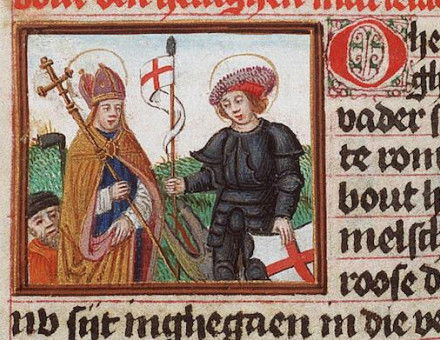Natural Philosophy in James Howell
Meyrick Carre introduces James Howell; an enquiring disciple of the new astronomers who enlivened the British seventeenth-century scene, and ended his life as historiographer-royal to Charles II.
During the seventeenth century the natural philosophy that had been assumed, with occasional variations, for a thousand years among educated men was abandoned, and a new vision of the world was formed in which the fundamental conceptions of the traditional system were denied. The history of this supreme revolution in human thought has been amply explored in recent years, and the momentous discoveries of Kepler, Galileo and Descartes and, in England, of Gilbert, Bacon and Harvey have been related at length.
The transformation of scientific ideas in the work of these great innovators arose from difficulties encountered in the accepted theories of astronomy or motion or physiology; but the new conceptions did not break completely with the standard doctrines. Many of the venerable principles were still held to and trusted by the earlier pioneers of the new philosophy. In England the famous treatise that opened the way to all further investigation of the phenomena of magnetism, and also founded the science of electricity, is a case in point.





